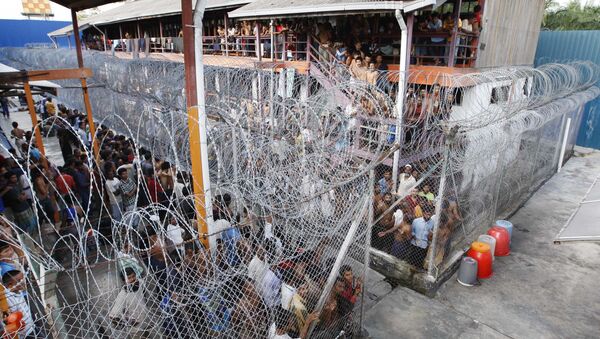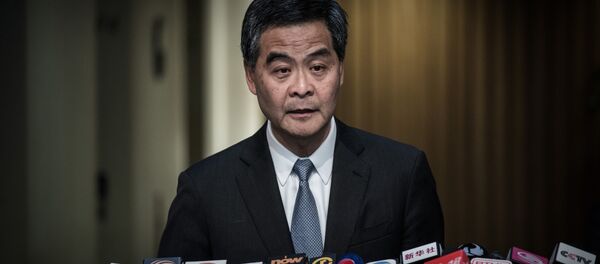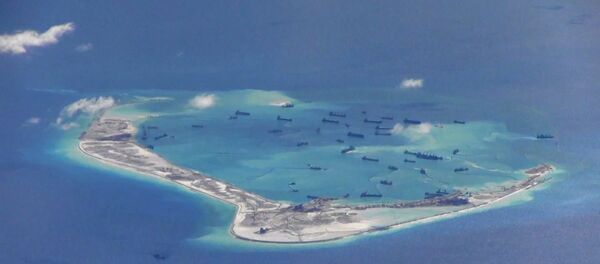Prior to July, the United States government considered Malaysia to be one of the worst perpetrators of human rights abuses. In the US State Department’s annual Trafficking in Persons Report, the country was designated as Tier 3, a category reserved for the worst offenders.
In July, senior US officials upgraded Malaysia to Tier 2 and, according to Reuters, removed some of the harsher language from the State Department’s report. This despite the fact that the Malaysian government had done little to improve its policies.
"It did not reform its fundamentally flawed victim protection regime," read internal State Department documents reviewed by Reuters.
"Proposals to reform the grossly inadequate victim protection regime did not result in concrete improvements despite sustained high-level [US government] engagement. The [government of Malaysia] punished trafficking victims by forcibly detaining them in government facilities."
Malaysia’s troubles are well-documented. According to Human Rights Watch and other rights groups, the Malaysian economy relies heavily on the use of coerced labor, especially in the country’s construction, plantation, and electronics industries. A study funded by the US Department of Labor last year found that nearly 350,000 workers in the electronics sector alone live in conditions considered to be modern-day slavery.
Once they’re rescued from trafficking rings, the Malaysian government places individuals in overcrowded immigration facilities for as long as two years. Placed in subpar conditions, many die waiting to be released.
"I saw people around me dying, and I thought, 'when will it be my turn?'" Pongram Konglang, 30, told Reuters.
During a news conference on Thursday, Malaysia’s Deputy Prime Minister Ahmad Zahid Hamidi said that conditions inside those facilities had improved, and the US State Department appears to agree. The department’s published report reads "the [Malaysian] government increased efforts to improve Malaysia’s victim protection system."
According to the memos, that language was softened considerably from what analysts had originally written.
But others have questioned the reasoning for the Tier 2 upgrade. Coming just months ahead of the formalization of the Trans-Pacific Partnership trade deal, a 12-nation agreement of which Malaysia is a part, looking the other way on Kuala Lumpur’s human rights abuses may have helped seal the deal.
The United States also needs Malaysia’s cooperation in the South China Sea. With nearly $5 trillion in trade passing through the waterway each year, the Pentagon has been rallying regional allies to counter the growing influence of China.
President Obama’s trip to Kuala Lumpur on Friday for the Southeast Asia leaders’ summit only highlights Washington’s hypocritical commitment to a government plagued by systemic human rights issues.





